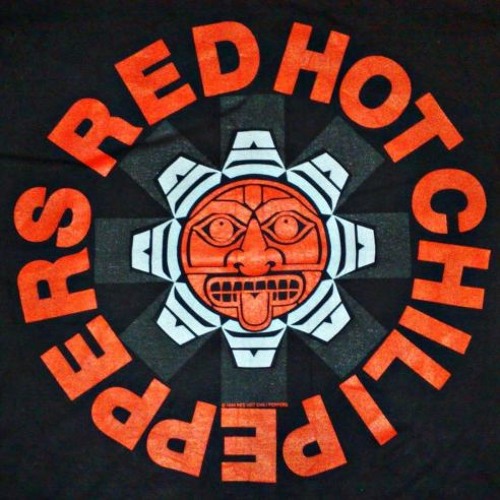

So counterintuitively, it seems like you’re better off investing in cheap dying stocks over expensive growth stocks. Most likely investors are overestimating how quickly renewable energy will make oil obsolete leading to oil stocks being undervalued and having higher returns. Ben Felix, 2020Ī second example is that you would have made more money holding oil stocks instead of technology stocks over the time period between 19.
#Openaudible cant download red software
Over this period, a dollar invested in the oil index grew to $134, while a dollar invested in the software index grew to $76. The oil industry on the other hand has seen a massive decline in market capitalization, from nearly 15% of the US market in 1971, to about 3% at the end of 2019. Since the approximate start of the age of information in 1971, the software industry has grown more than any other, from basically non-existent in 1971, to the largest industry by market capitalization at the end of 2019 at nearly 15% of the US stock market. Additionally, bad companies could be good investments if you can get them cheap enough. The moral of the story is that great companies are not necessarily great investments if you pay too much for them, and when new technologies come out investors get excited and do just that. Similarly, they overestimated how well car and airplane companies would do causing those stocks to become overvalued and have lower returns. Investors had overestimated how quickly the railway companies would become obsolete leading them to value those stocks too low. Despite going from a 63% to 1% share of the stock market capitalization between 19, it still managed to outperform innovative new transportation technologies like cars and airplanes during the same time period. To illustrate the point, Ben uses the example of the declining rail industry. Over that time period, rail stocks beat the US market, road transportation stocks, and air transportation stocks. It is the ultimate example of a declining industry.

Historically investors have overestimated the future growth of new innovative firms and underestimated how long it would take for dying industries to become irrelevant.įrom 1900 through 2019, rail companies declined from a 63% share of the US stock market to a less than 1% share.

Gandhi: An autobiography by Mahatma Gandhi, for $3.In the video he argues that based on the historical data it is a bad idea to invest into exciting new technologies, and the companies that create them. Young Washington: How Wilderness and War Forged America’s Founding Father by Peter Stark, for $4.99 (21 days to claim) The Scarlatti Inheritance by Robert Ludlam, for $4.99 (13 days to claim) Timeless by R.A Salvatore, for $4.99 (21 days to claim) The Long Way to a Small, Angry Planet by Becky Chambers, for $4.99 (21 days to claim) The Kiss Quotient by Helen Hoang, for $3.99 (15 days to claim)Īll Systems Red (Novela, Murderbot Diaries) by Martha Wells, for $2.99 (23 days to claim) The Far Field by Vadhuri Mijay, for $2.99 (15 days to claim)Įverything I Never Told You by Celeste Ng, for $2.99 (24 days to claim) Kinsella, for $3.99 (25 days to claim)Ī Man Called Ove by Fredrik Backman for $2.99 (13 days to claim)Ĭonvenience Store Woman by Sayaka Murata, for $2.99 (15 days to claim) Under the Greenwood Tree by Thomas Hardy, for $2.99 (18 days to claim) Les Misérables by Victor Hugo for $1.99 (15 days to claim) The Snow Queen by Hans Christian Andersen, for. The Sea Wolf by Jack London, for $1.99 (6 days to claim) Moby-Dick, or, the Whale by Herman Melville, for $1.99 (15 days to claim) Oooh, I'm noticing Chirp's deals are starting to look a little better finally - there's a few classic/mainstream/recognizable titles at the moment for anyone interested:


 0 kommentar(er)
0 kommentar(er)
